Jeremy Corbyn and a group of newly elected independents are quietly planning a move that could shake up Parliament. Here’s the full story.
New Parliamentary Alliance
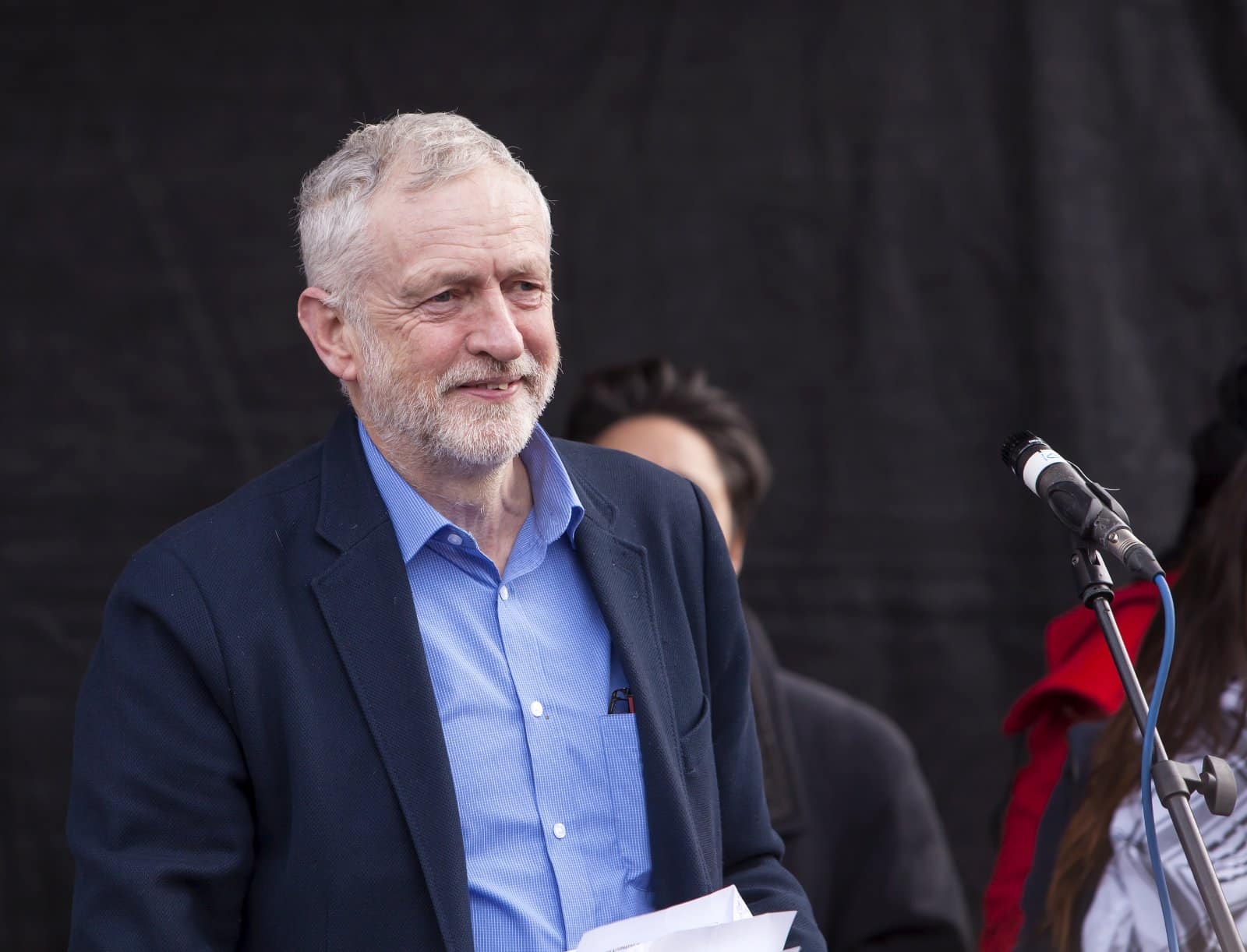
Jeremy Corbyn, the former Labour leader, lifelong left-wing campaigner, and current independent MP for Islington North, has reportedly been involved in active discussions with the four other newly elected independent MPs to explore the possibility of forming a new parliamentary group.
Potential Coalition Influence
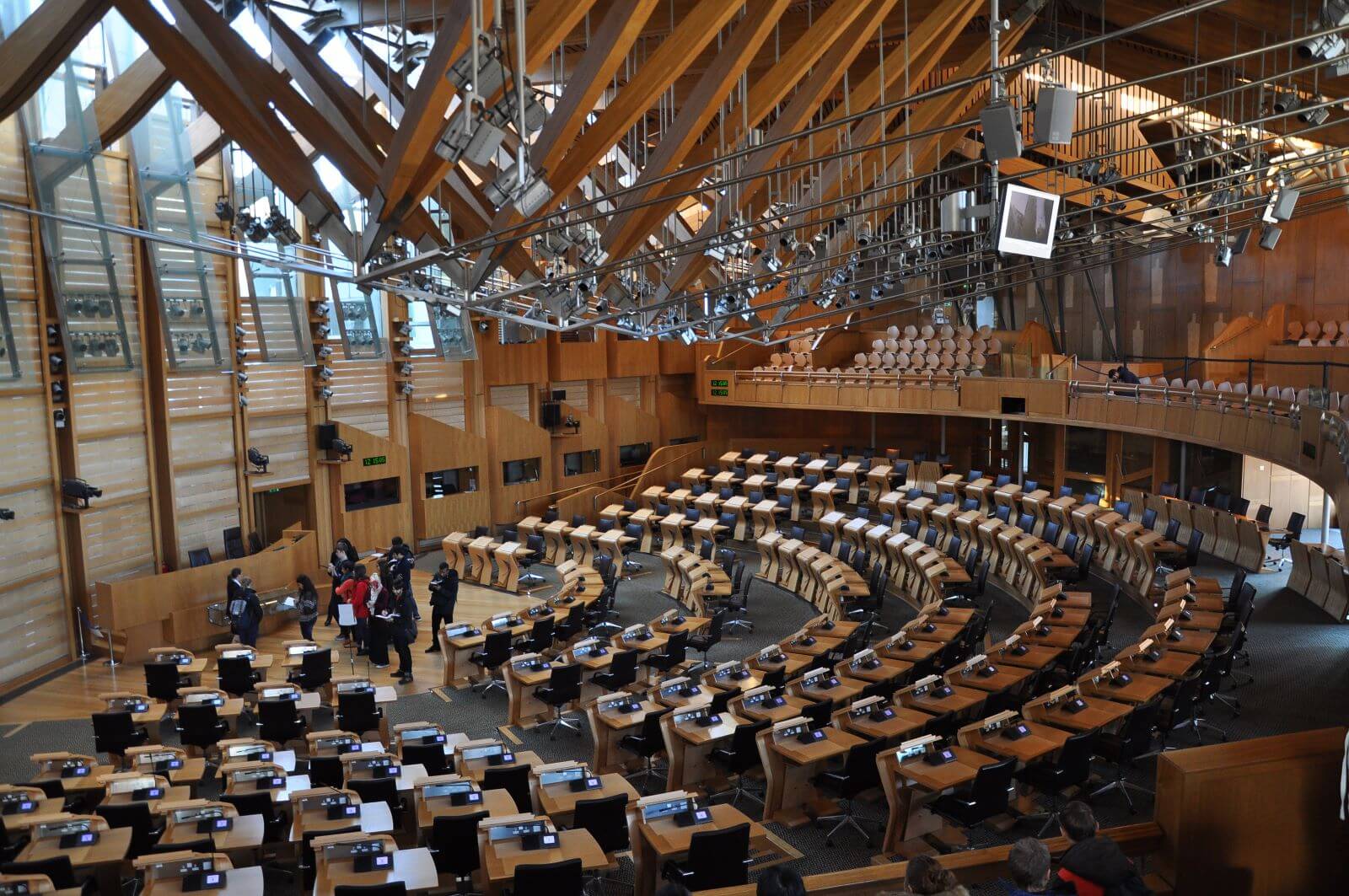
If formalised, the potential coalition between the newly elected independents and Corbyn would significantly increase the grouping’s influence in Parliament.
Unusual General Election
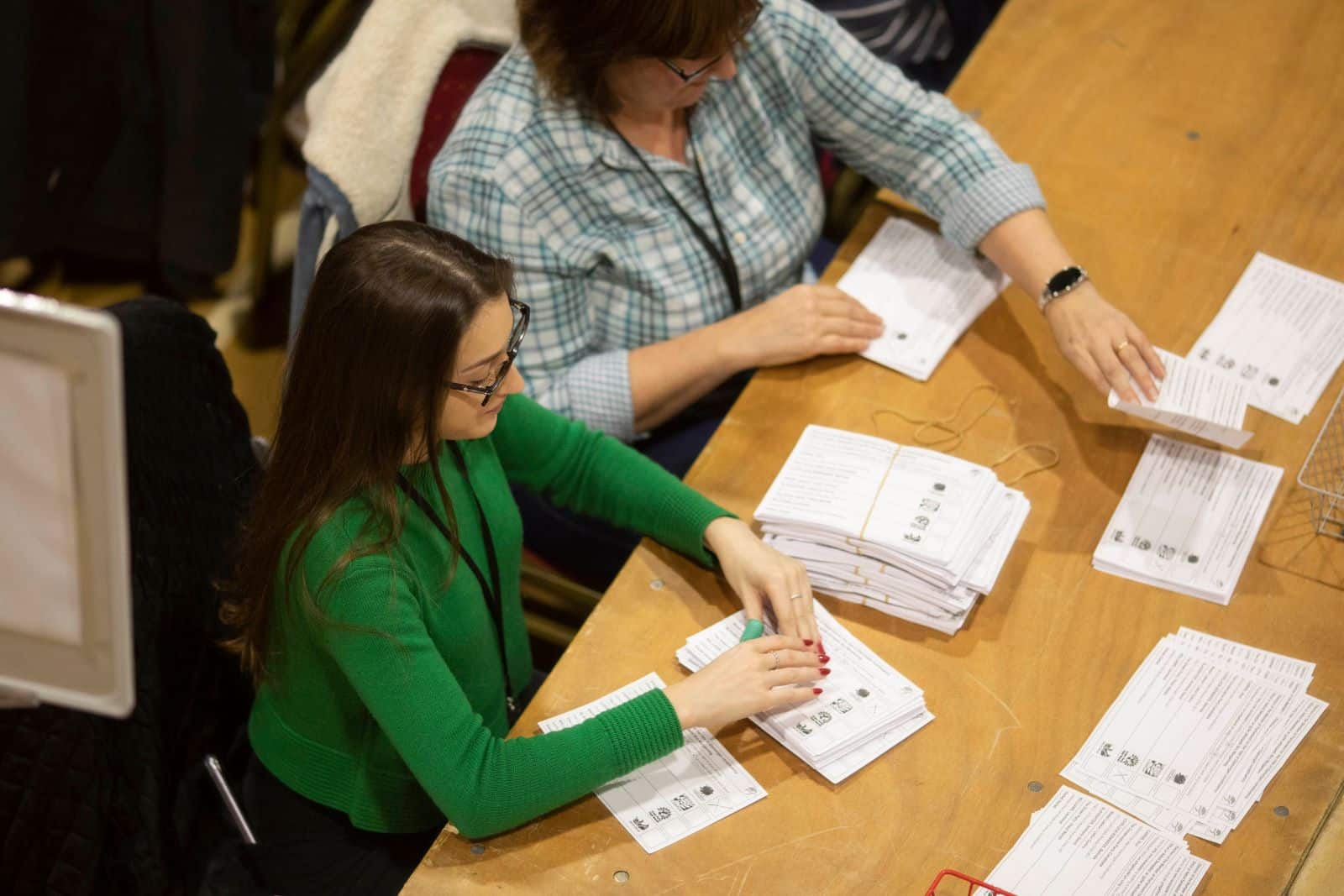
The 2024 general election was unusual in several ways, from the Greens quadrupling the number of their MPs, Reform UK making unprecedented gains and the most independent MPs being elected in the country’s recent history.
Labour’s Shocking Defeat
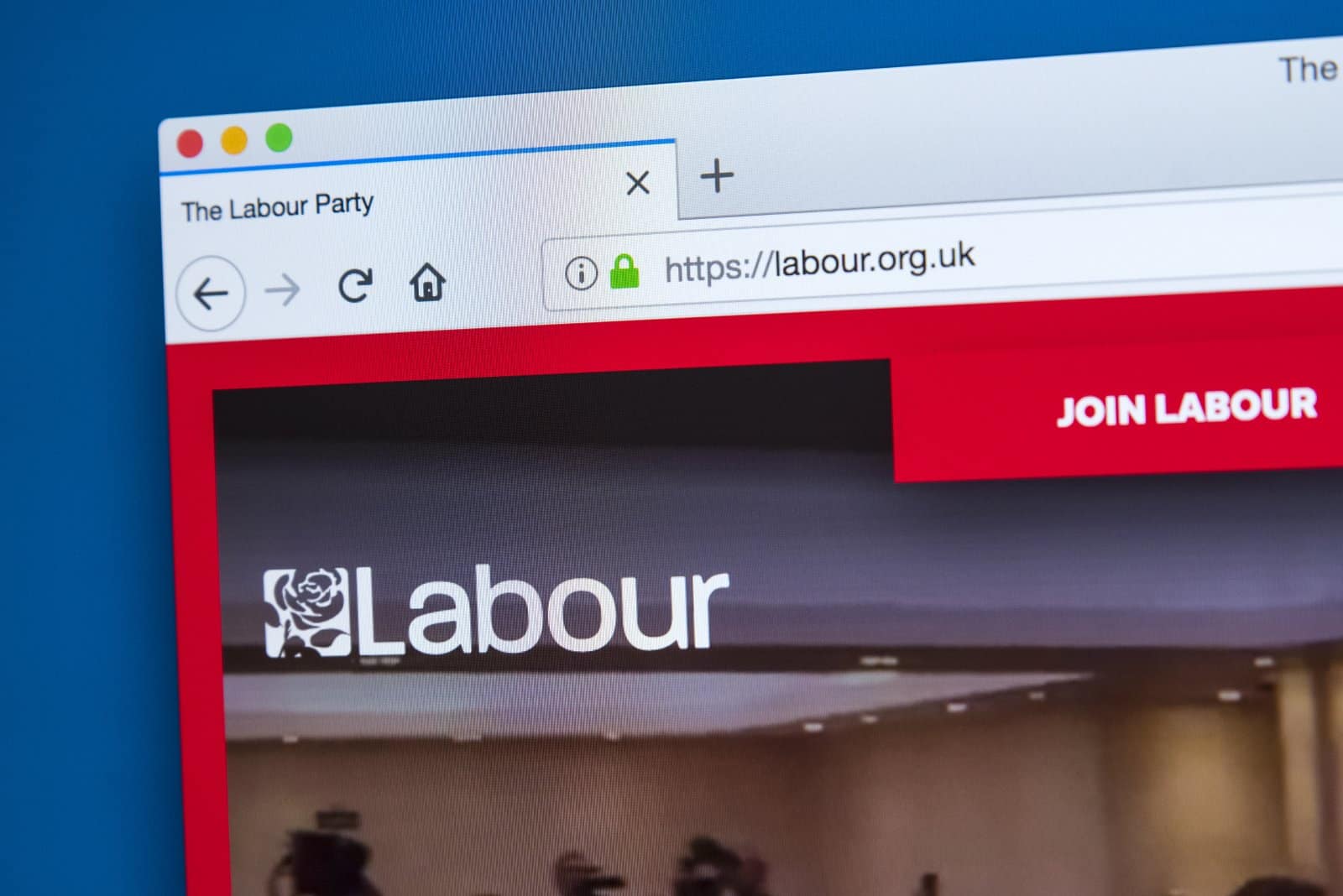
Their elections were a significant shock to Labour, as all the independents beat the sitting Labour MPs in their races, some of whom had seemingly unbeatable majorities, on a pro-Palestinian stance.
Ashworth’s Unexpected Loss
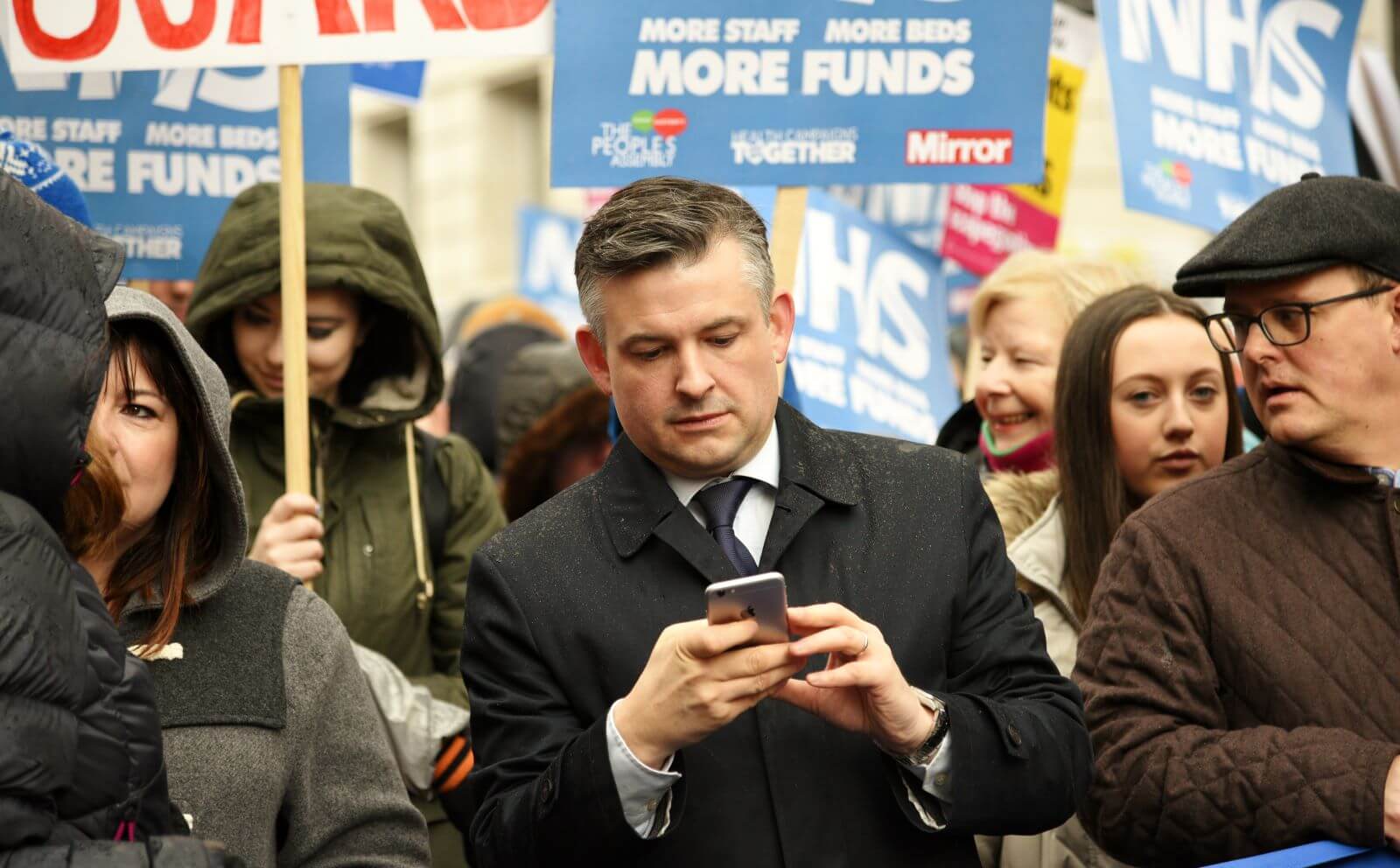
The most shocking defeat for Labour came with the ousting of Jonathan Ashworth, the former shadow Secretary of State for Work and Pensions and MP for Leicester South. Despite having a majority of more than 20,000, Ashworth lost his seat to independent Shockat Adam.
“Looking at Options”
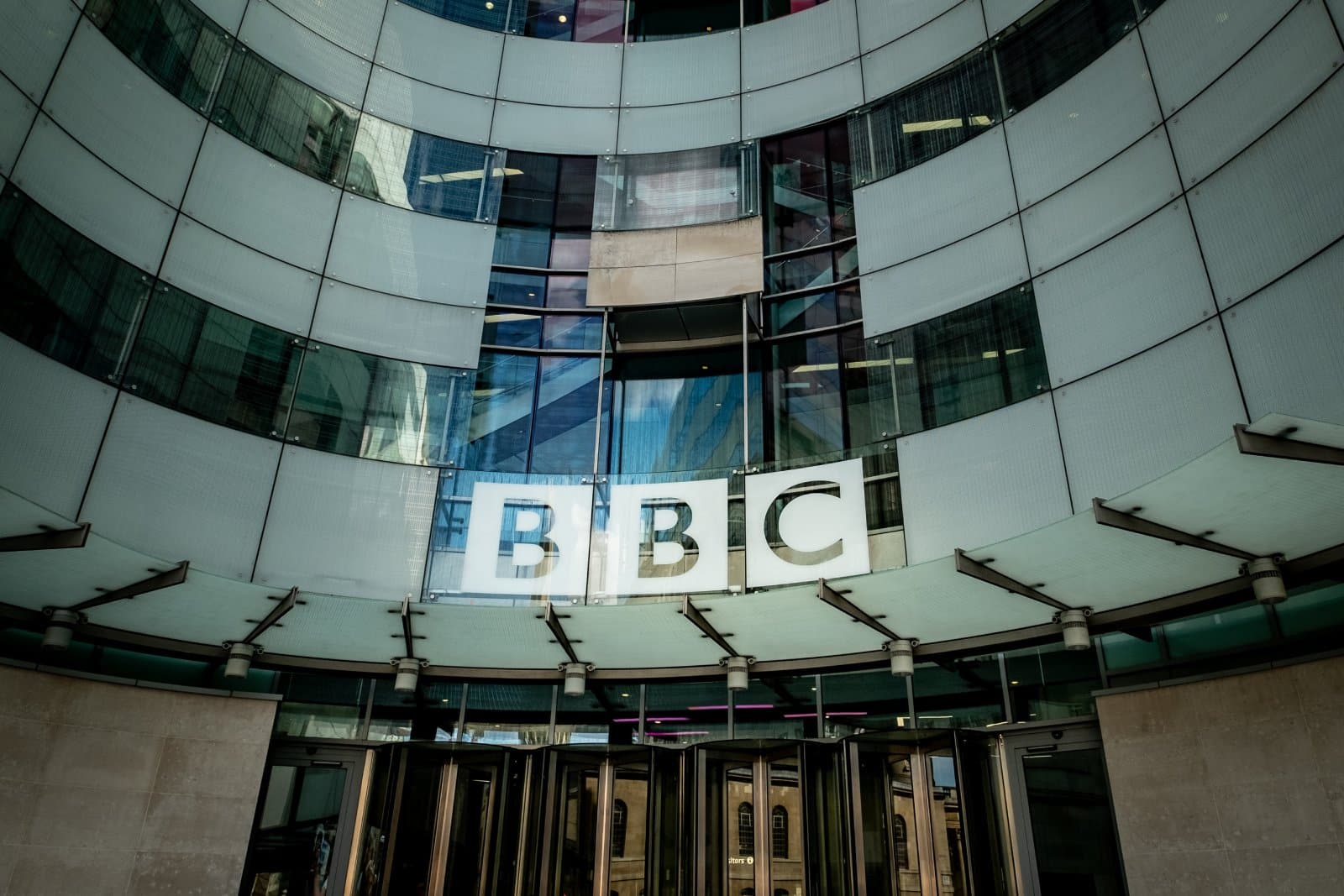
In an interview with the BBC, Adam stated that the independent group, which includes Jeremy Corbyn, Ayoub Khan, Adnan Hussain, Iqbal Mohamed, and Adam himself, were “looking at options that would give us more access to the levers of power.”
DUP’s Easton Not Involved

The sixth independent, Alex Easton, former leader of the right-wing Democratic Unionist Party (DUP) in Northern Ireland, holds very different ideological views from the other five and is not involved in the group talks.
Seeking Collective Influence

The five independents are discussing ways to collectively increase their influence in Parliament. Collaboration could potentially allow them to participate in Parliamentary Committees, which are often determined by party size.
Benefits of Grouping
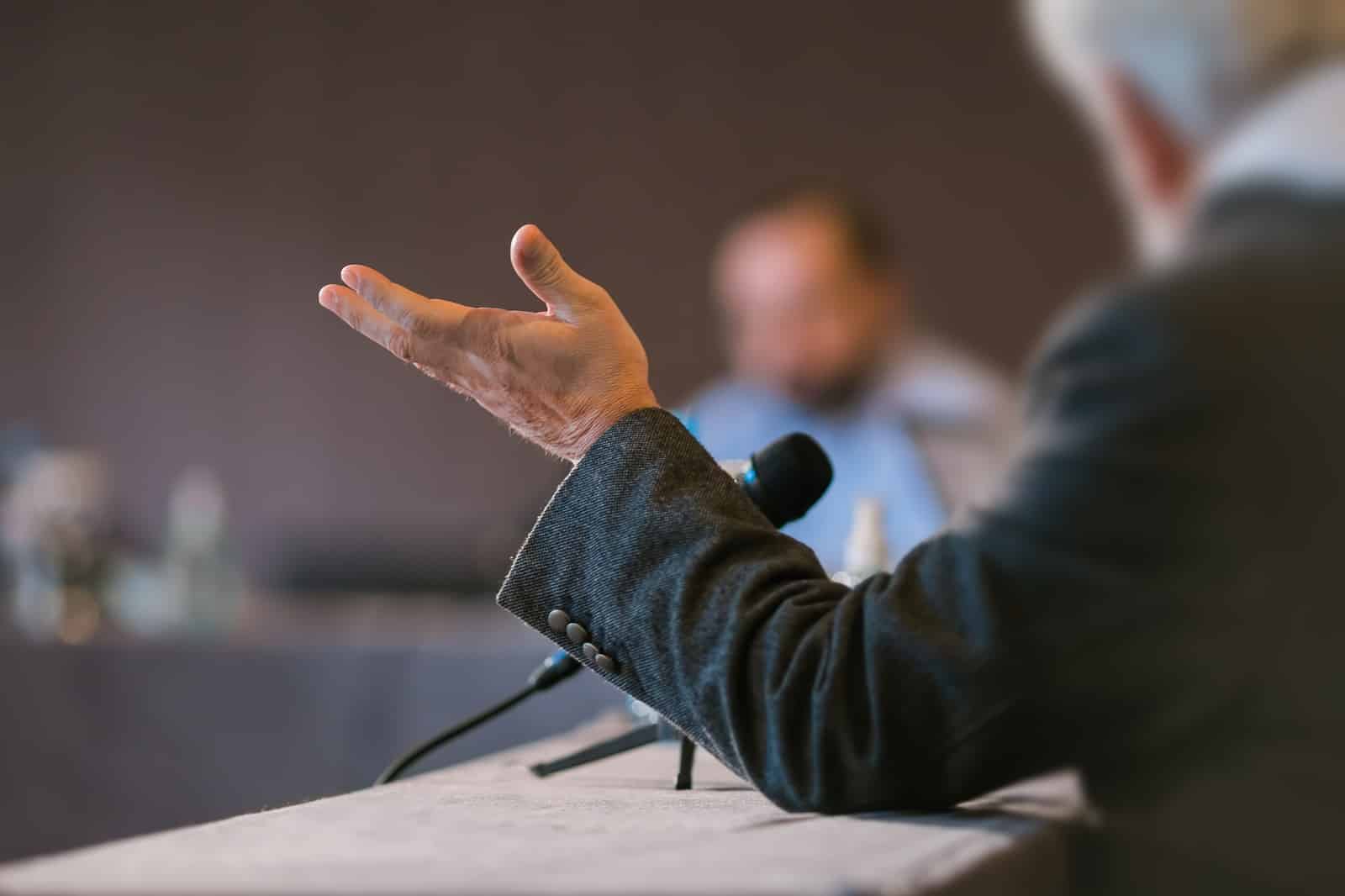
Forming an official group could also enable them to share resources, organise joint fundraising efforts, and amplify their collective voice on critical issues.
Corbyn’s Central Role
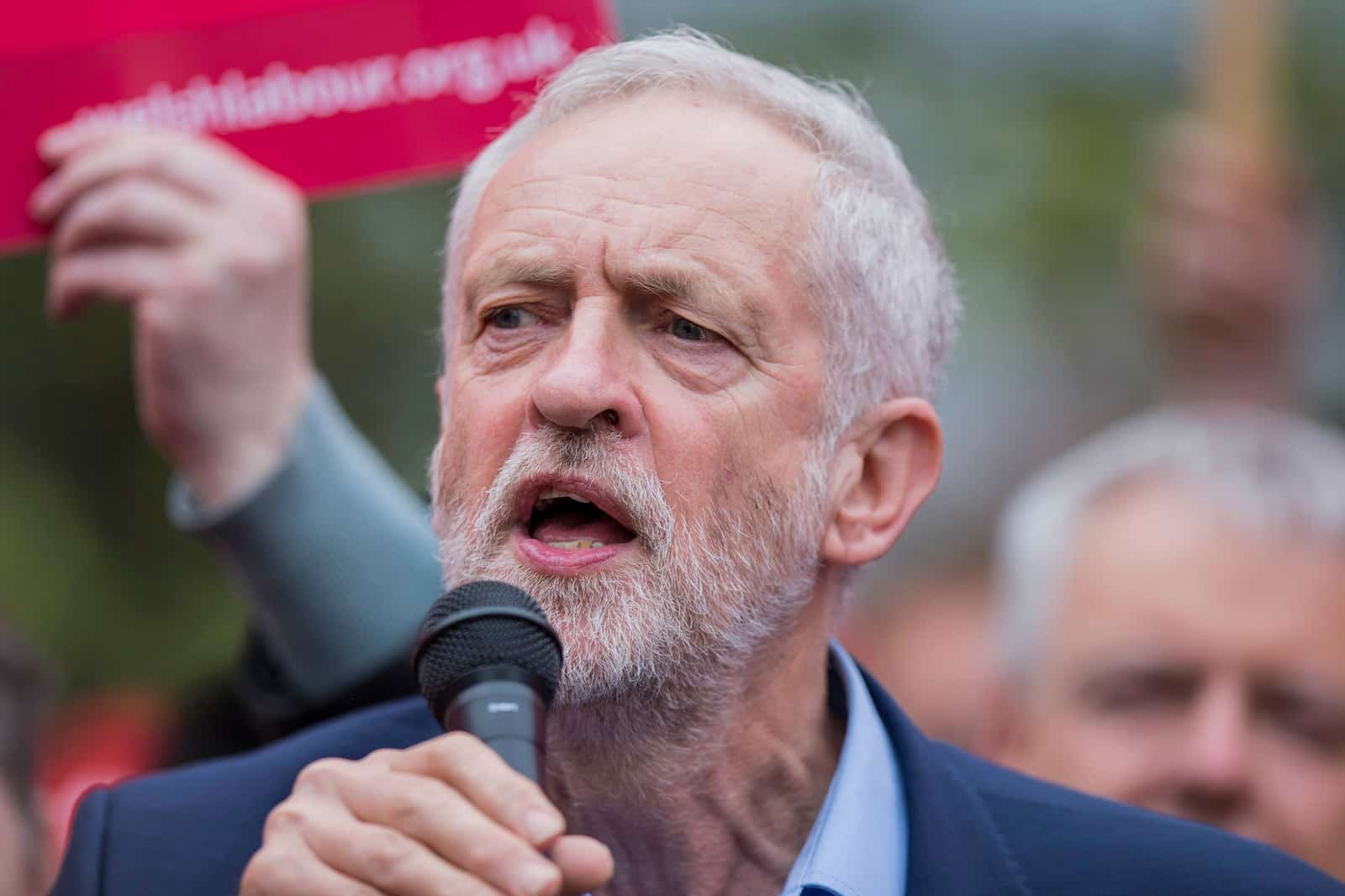
Jeremy Corbyn, who has represented Islington North for over 40 years, has emerged as a central figure in these discussions.
Independent Victory in Islington

Corbyn stood as an independent after being blocked from standing as the Labour Party candidate in the 2024 election. Despite fears that Corbyn independently running against the Labour candidate in Islington would split the left-wing vote in the constituency, Corbyn retained his seat with a majority of 7,000.
Advocating for Core Issues
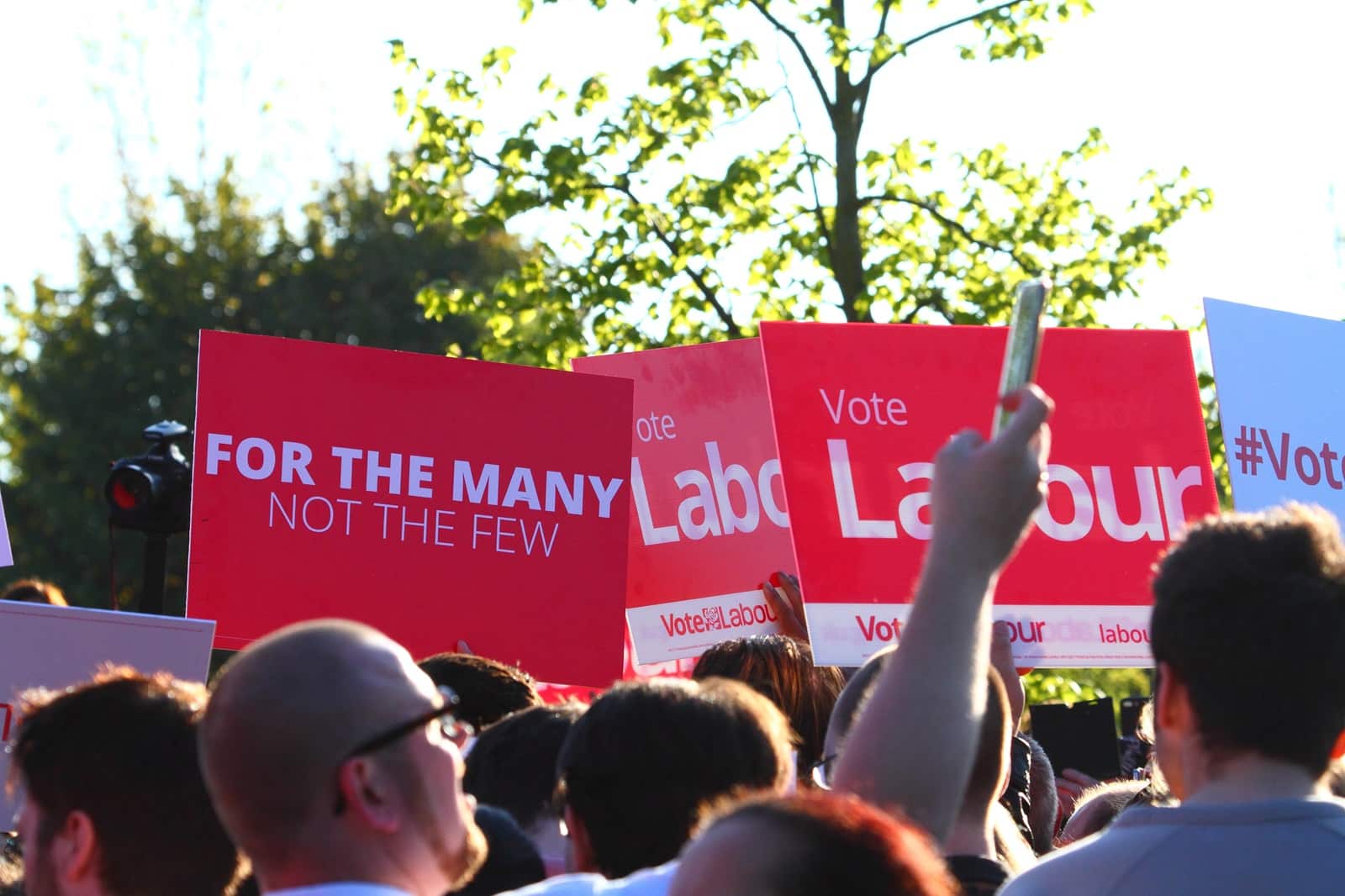
Though he has not officially announced that he will join the independent group, Corbyn expressed his desire to use his enduring popularity and national profile to advocate for the issues he has campaigned on his entire life.
“I Am Proud”
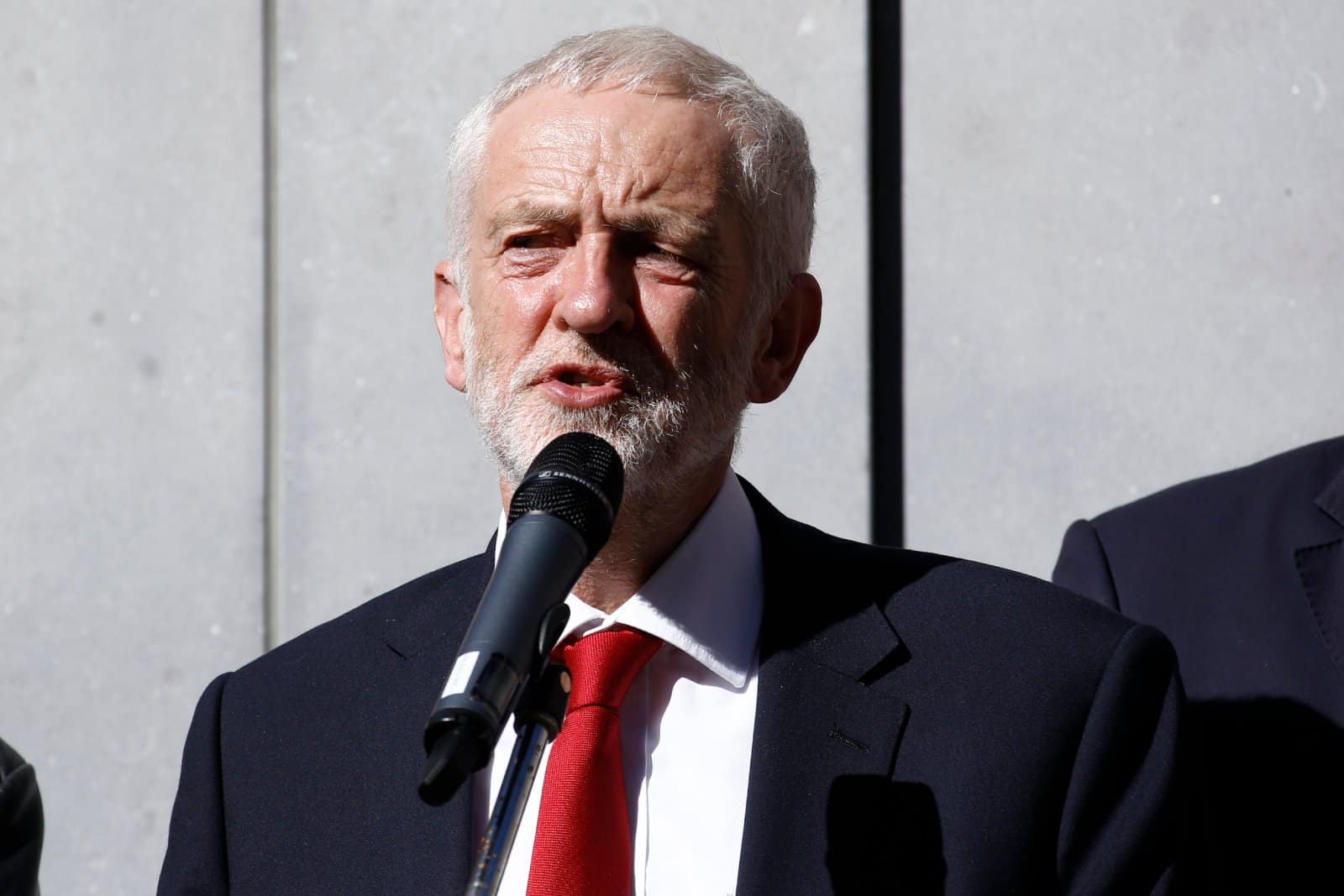
Corbyn stated, “I was elected by my constituents to speak out against the genocide in Gaza, against child poverty and against the demonisation of migrants and refugees. I am proud to work alongside my fellow independent colleagues to make sure our constituents’ voices are heard.”
“This Country Is Demanding Real Change”

He added, “This country is demanding real change, and the more MPs who are prepared to stand up for international law, defend refugees and oppose the far-right, the better.”
Challenges Ahead

Despite the political advantages of forming a new parliamentary group, the five MPs face several challenges. Parliamentary rules currently restrict access to public funds, known as “short money,” for groups formed between general elections, which could limit their ability to finance research and campaign activities.
Labour’s Dominance
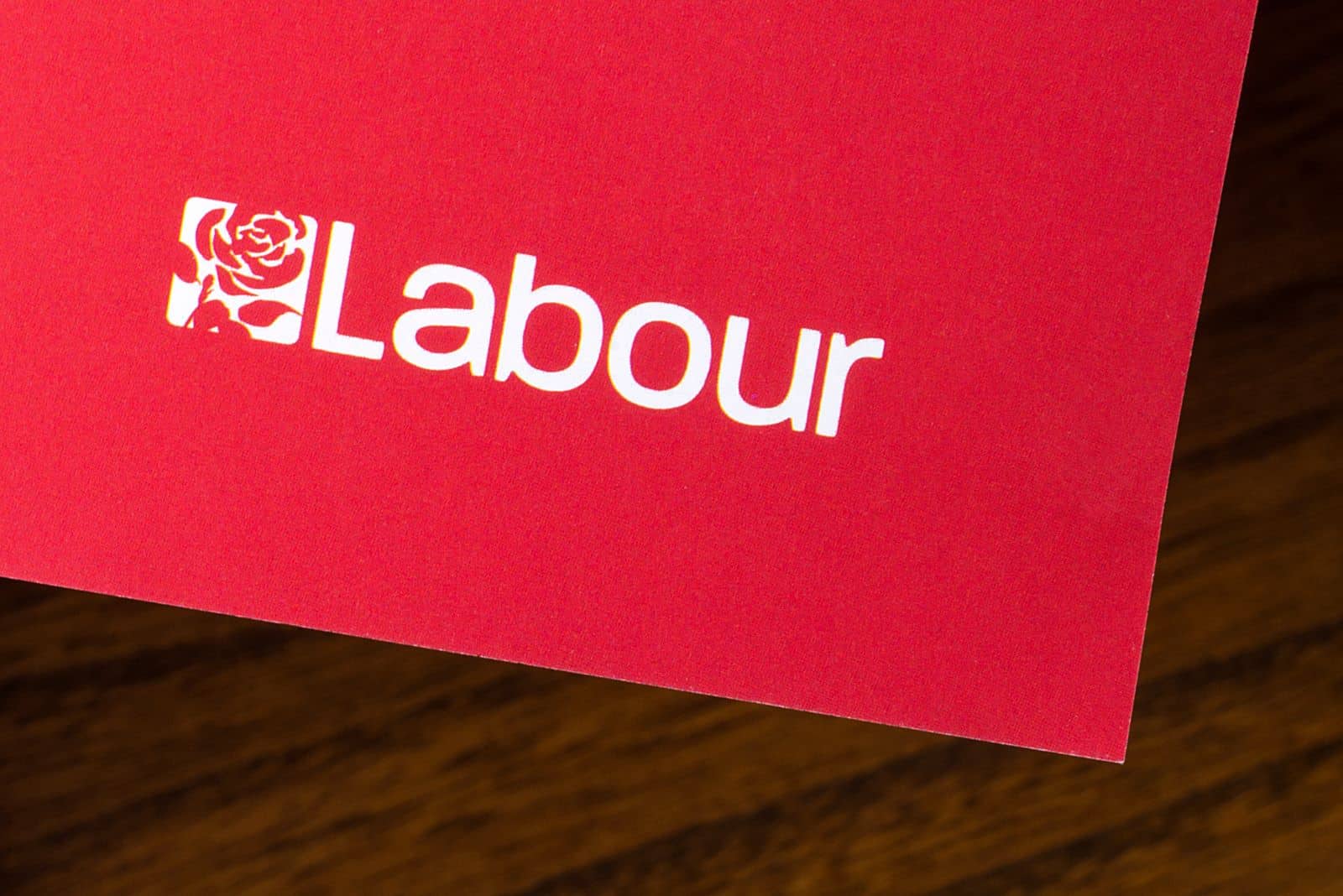
Similarly, with the Labour Party enjoying a seemingly unassailable majority, the group’s effectiveness in influencing parliamentary decisions or shaping policy will likely be severely limited.
Navigating Political Differences

Additionally, though the group shares similar stances on the issue of Palestine, it may not be entirely unified in other areas. As Adam noted in an interview with Politics Home, “We have commonalities, especially on our foreign policies, et cetera, but we’re just navigating where we are politically on lots of things.”
Cracks in Labour’s Armour

Despite these challenges, some cracks in Labour’s armour are beginning to show, which the group could exploit. Recently, during the King’s Speech, seven left-wing Labour MPs rebelled against their party in voting for an amendment to abolish the two-child benefit cap.
Labour’s Internal Tensions
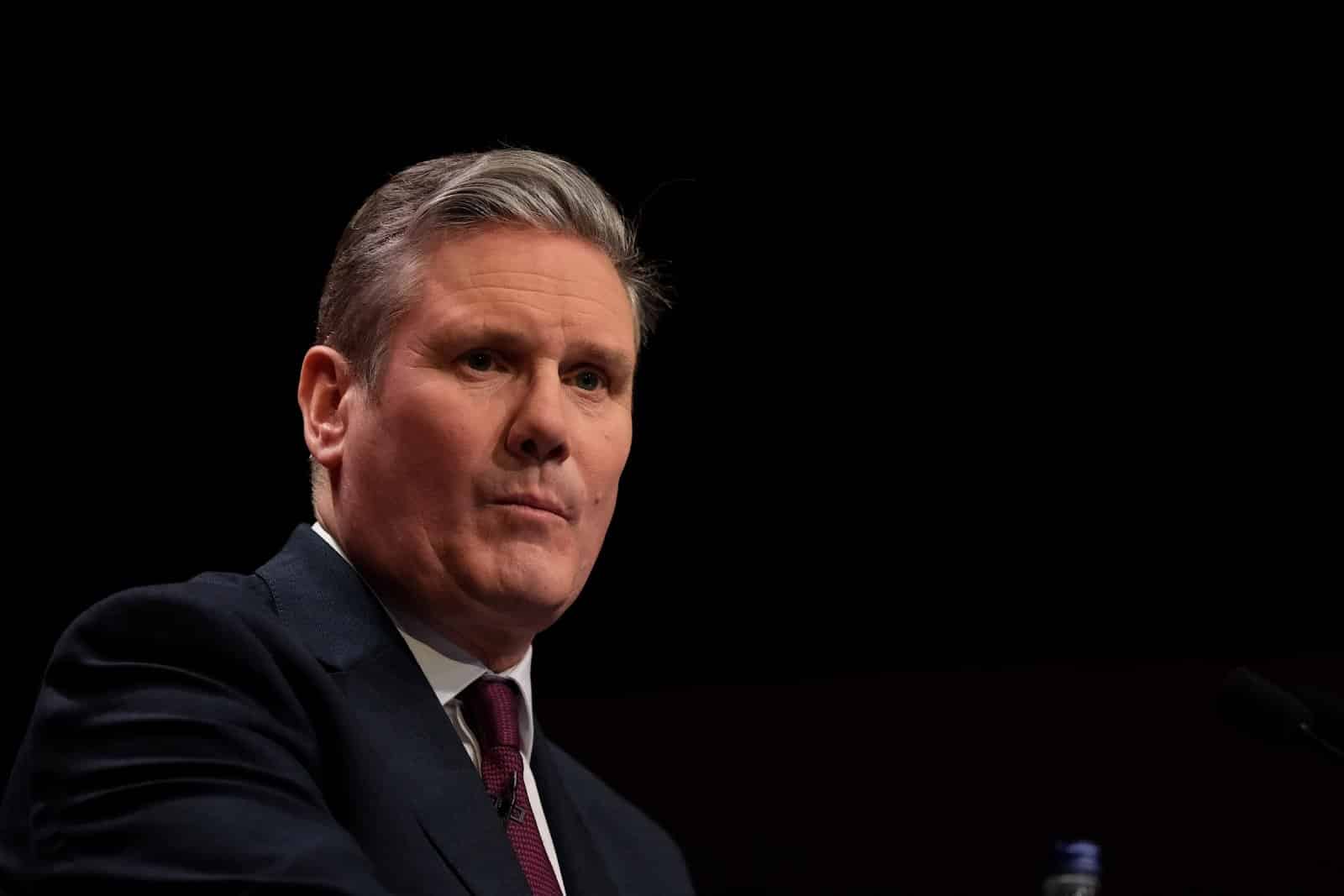
Despite the cap’s abolishment being popular, even among Conservative voters, Prime Minister Keir Starmer suspended the rebel MPs for their disloyalty.
Concerns Over Labour Coup.
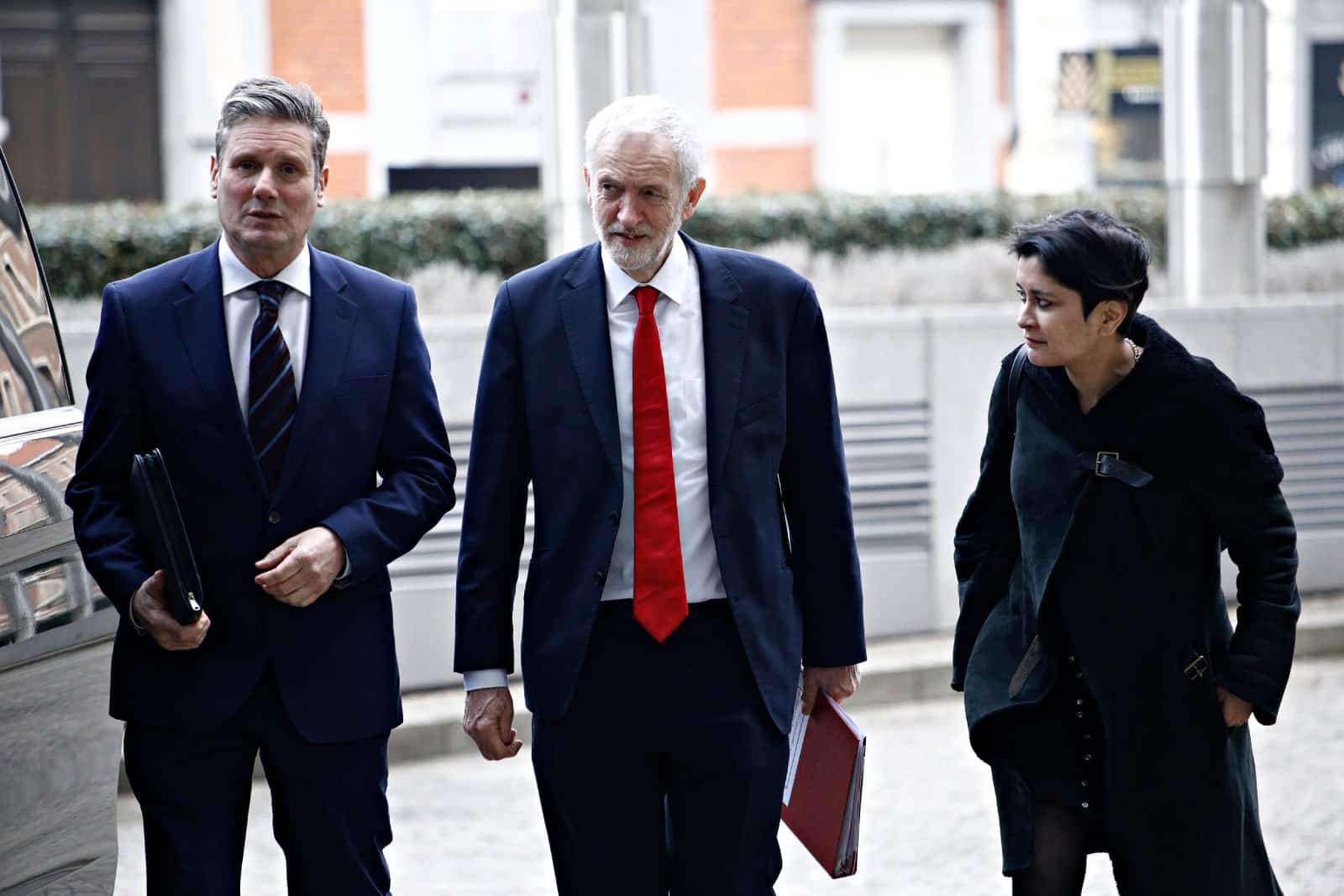
This added to widespread fears that Labour higher-ups were attempting a quiet coup of left-wing Labour MPs, many of whom had worked closely with Corbyn in the past.
Potential Alliances

The independent group of MPs has already contacted the suspended MPs, though there has not been any sign that they are planning on working together. However, should Starmer introduce legislation that is unpopular with the Labour left, that may all change.
Influence Remains Uncertain
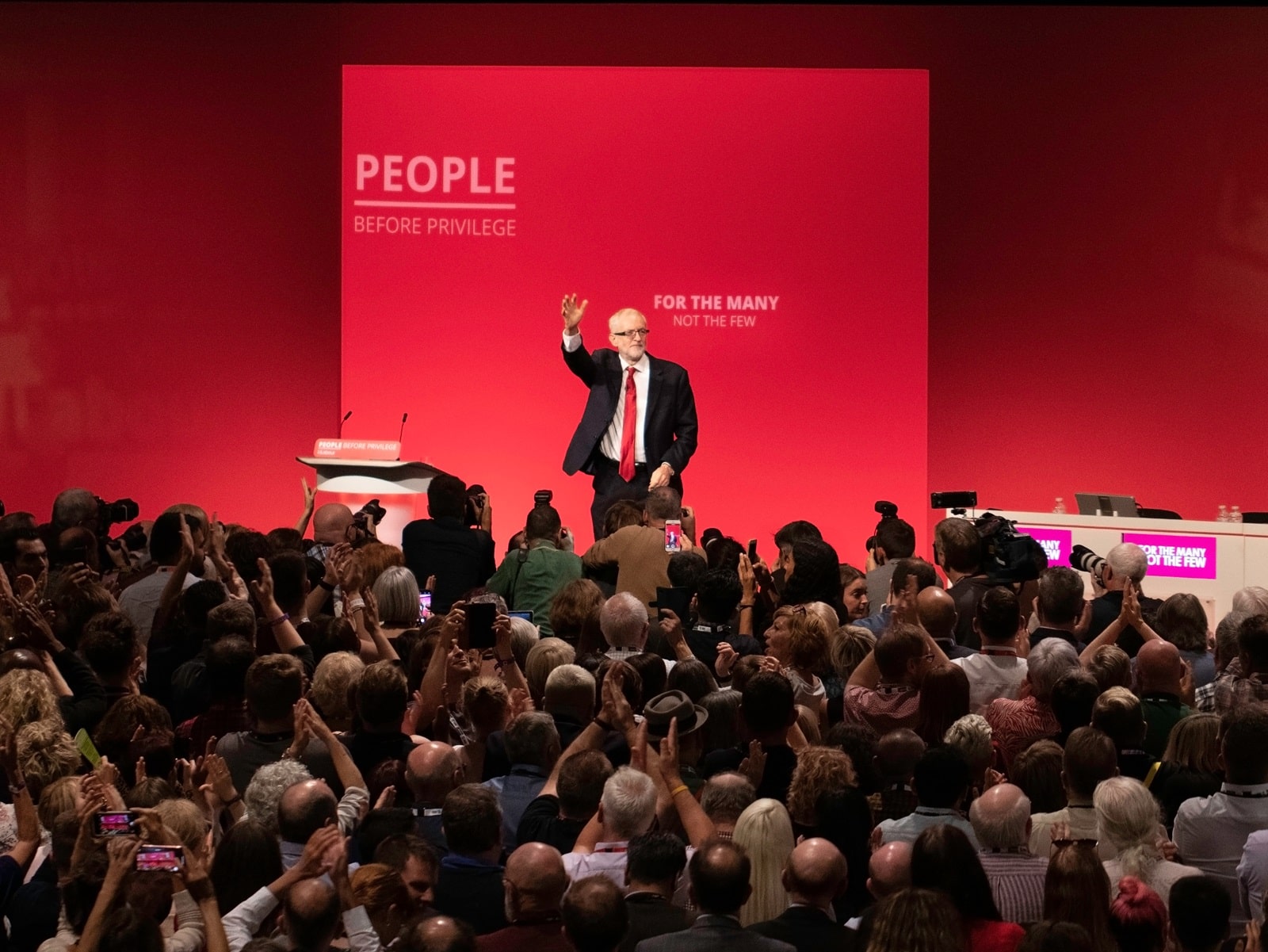
Despite no official alliance being announced between the five independent MPs, the potential for a coalition to greatly increase their influence should not be underestimated. For now, their influence, collective or otherwise, remains to be seen.
Featured Image Credit: Shutterstock / Alexandros Michailidis.
The images used are for illustrative purposes only and may not represent the actual people or places mentioned in the article.

